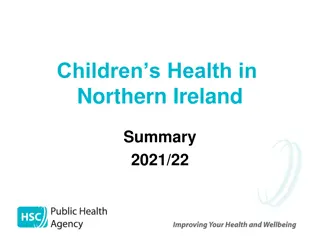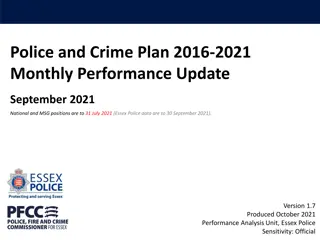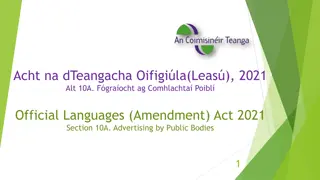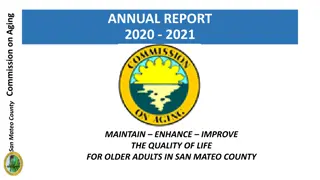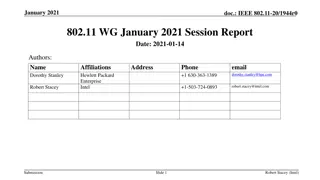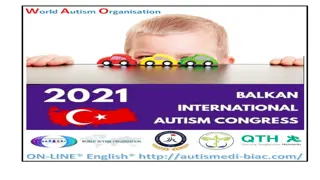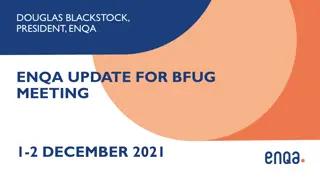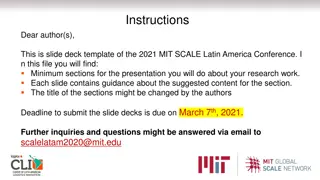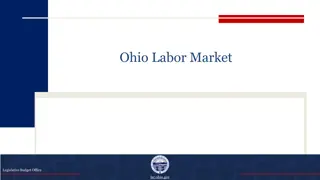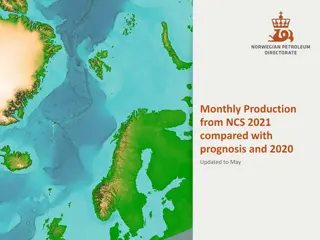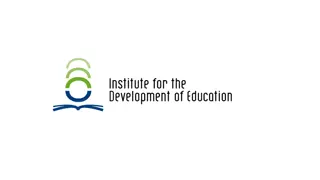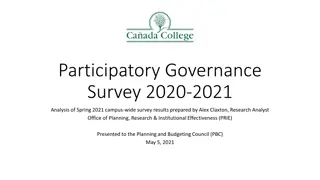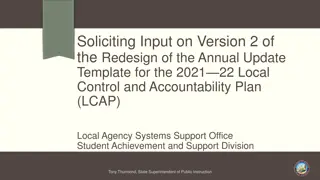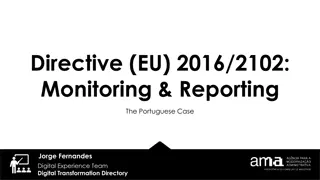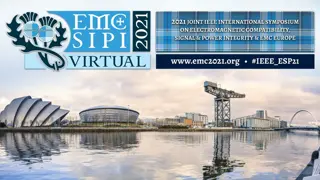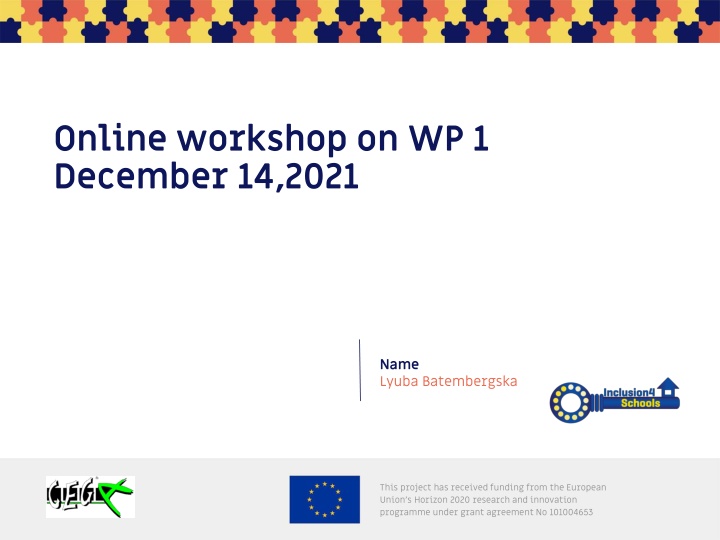
Inclusion4Schools Research Project Overview
"Explore the Inclusion4Schools project funded by the European Union's Horizon 2020 program, focusing on reversing inequality and exclusion in segregated schools. The project delves into policy reviews, mapping activities, legislative grounds, and targeted measures for enhancing education equity in Bulgaria."
Download Presentation

Please find below an Image/Link to download the presentation.
The content on the website is provided AS IS for your information and personal use only. It may not be sold, licensed, or shared on other websites without obtaining consent from the author. If you encounter any issues during the download, it is possible that the publisher has removed the file from their server.
You are allowed to download the files provided on this website for personal or commercial use, subject to the condition that they are used lawfully. All files are the property of their respective owners.
The content on the website is provided AS IS for your information and personal use only. It may not be sold, licensed, or shared on other websites without obtaining consent from the author.
E N D
Presentation Transcript
Online workshop on WP 1 December 14,2021 Name Lyuba Batembergska This project has received funding from the European Union s Horizon 2020 research and innovation programme under grant agreement No 101004653 programme under grant agreement No 101004653 This project has received funding from the European Union s Horizon 2020 research and innovation
Project acronim and title Inclusion4Schools School-community Partnership for Reversing Inequality and Exclusion: Transformative Practices of Segregated Schools Project Number 101004653 Work package WP1 Mapping, Analysis & Evaluation Task Task 1.1: Policy mix peer review over transformative practices Deliverable Number D1.2. Reports on the Policy mix peer review Responsible author(s) C.E.G.A. Foundation: Rumyan Sechkov, Iosif Nunev, Luba Batembergska This project has received funding from the European Union s Horizon 2020 research and innovation programme under grant agreement No 101004653
WORK PACKAGE 1 | Mapping, Analysis & Evaluation Task 1.1. | Policy mix peer review over transformative practices Role of C.E.G.A. | Contributor A.1.1.1. Mapping the state-of-art Activities implemented: Conducted the mapping of the state-of-art in Bulgaria, including: Legislative framework in Bulgaria towards vulnerable communities analyze; Mapping policy measures in Bulgaria towards bridging gaps in education; Mapping targeted measures towards children from ethnic minorities; Mapping policies and channels for professional training and qualification of pedagogical staff in Bulgaria. This project has received funding from the European Union s Horizon 2020 research and innovation programme under grant agreement No 101004653
Legislative grounds: The Act on preschool and school education sets: The right to access to quality education of every child Prohibits the formation of groups in the kindergarten and classes in a school on ethnic grounds where there peers from different ethnicity enrolled. A mandatory preschool education at the age of 5 A standard for intercultural and civic education The obligation to create additional conditions for children and students for whom the Bulgarian language is not their mother language This project has received funding from the European Union s Horizon 2020 research and innovation programme under grant agreement No 101004653
Targeted measures and resources available National programs for catching up educational gaps. Funding for desegregation projects, run by local governments. Educational mediators and assisting teachers who support the relations with the community and help keeping children at school have project based state funding. A cross-sectorial mechanism in charge to enroll children in risk of drop out and working on the ground. This project has received funding from the European Union s Horizon 2020 research and innovation programme under grant agreement No 101004653
The state of art The 2019 Report Balancing school choices and equity of OSCE: ranks Bulgaria 4thin the level of academic segregation across schools, next to Hungary, France and the Netherlands high dissimilarity index which illustrates weak opportunities for lower achievers to communicate with their peers with higher achievements. following the leaders Peru, Hungary and China, Bulgaria is one of the countries where the socially disadvantaged students are most the often concentrated in schools where lack peers higher achievers. This project has received funding from the European Union s Horizon 2020 research and innovation programme under grant agreement No 101004653
The state of art A strong correlation between the educational poverty and the social-economic background of the students. 59.1% of students in the lower quartile of the socio-economic index and 43.9% of those in the second one, have results below the critical second level of PISA. a sustainable trend to increase the share of students who fail to reach the basic second level in PISA in reading, mathematics and natural sciences since 2000. In 2000 those are 40.3%, of students, in 2015 41.5% in reading, and in 2018 47.1%. This project has received funding from the European Union s Horizon 2020 research and innovation programme under grant agreement No 101004653
The gaps The Act on education bans the segregation in class, but doesn t tackle the one in Roma neighborhoods, nor the seconded one in towns and cities. The state encourages desegregation on a project base, which doesn t mainstream the process. There is neither national desegregation policy nor political will the process to be enforced nationally. As result the segregated schools remain as pockets generating social exclusion. The results from the external evaluation show that the national programs for bridging the learning gaps are not effective. This project has received funding from the European Union s Horizon 2020 research and innovation programme under grant agreement No 101004653
The gaps However neither the programs haven t been evaluated, nor their design has been significantly modified so to booster the effectiveness. Lack of recent researches on segregated schools No official data on segregation and students achievements no monitoring nor assessment on the state programs for support of the education This project has received funding from the European Union s Horizon 2020 research and innovation programme under grant agreement No 101004653
Issues to be considered when planning WP3 and 4 Workshops with teachers for recommendations regarding the gaps identified School community work for engaging parents in education Participatory and interactive teaching tools to overcome the learning gaps Motivating students to attend school Developing the school and in-class community Networking between schools for exchange of good practices This project has received funding from the European Union s Horizon 2020 research and innovation programme under grant agreement No 101004653


